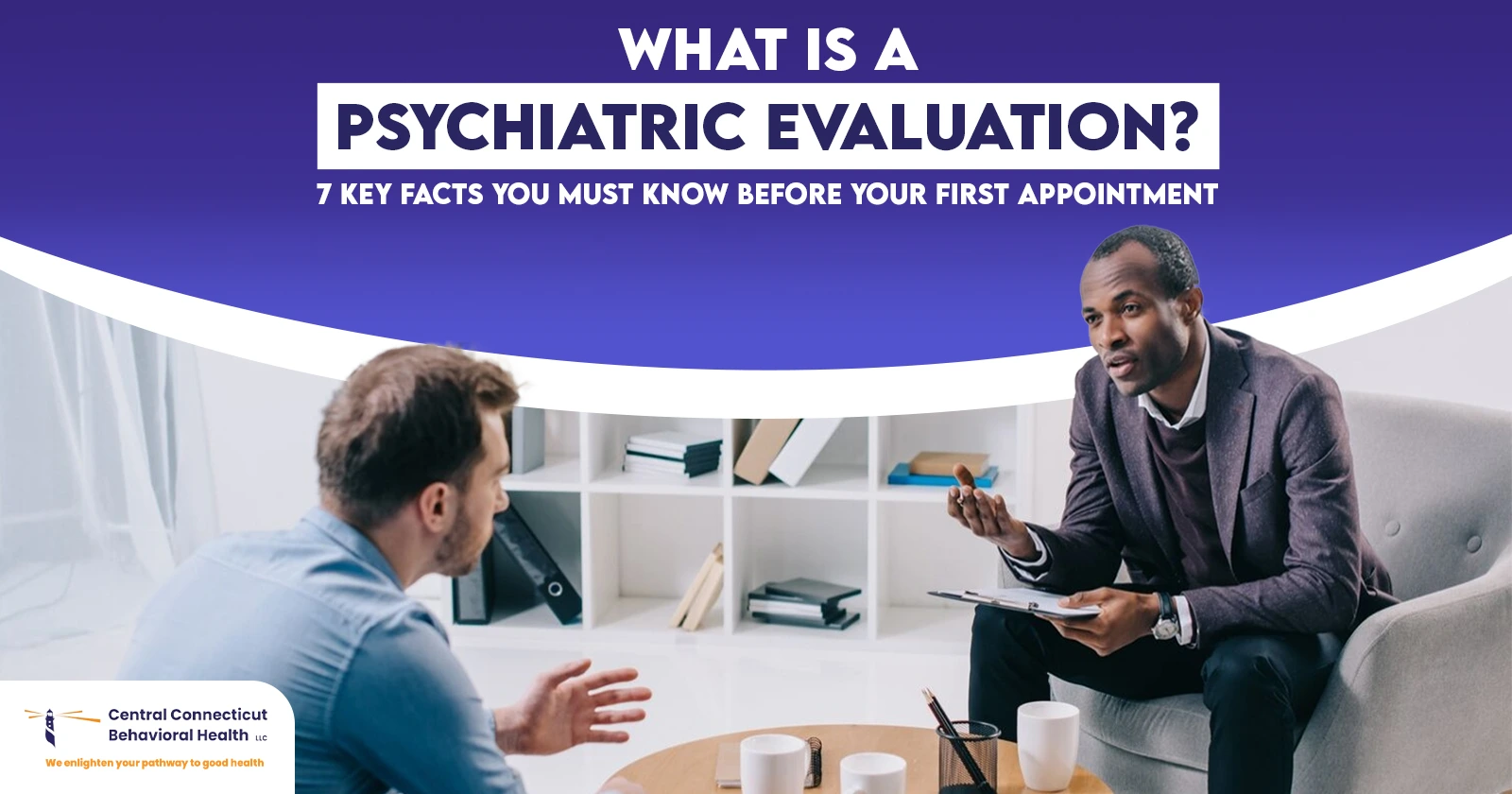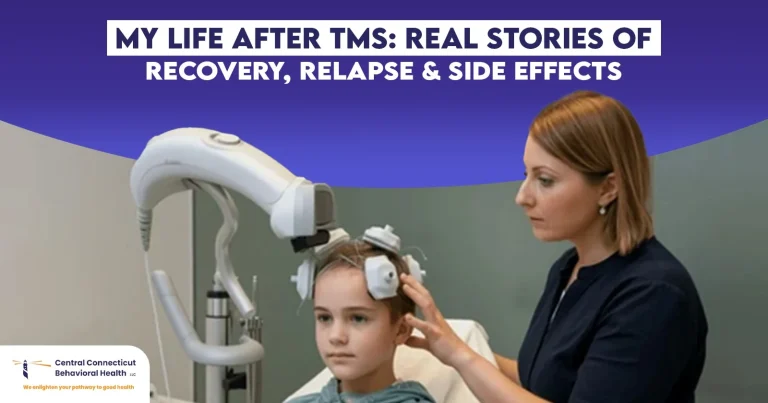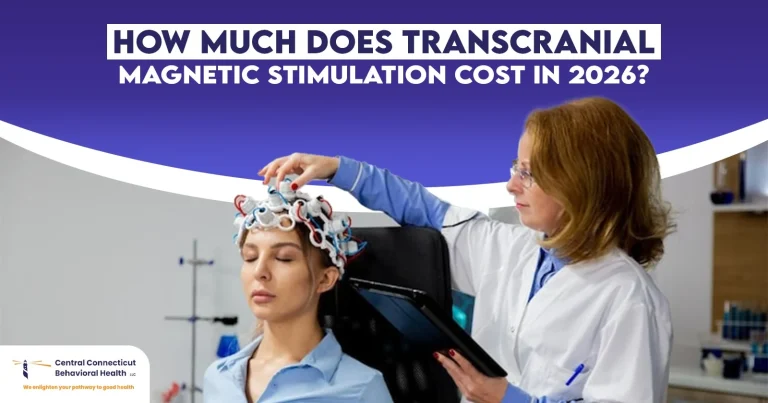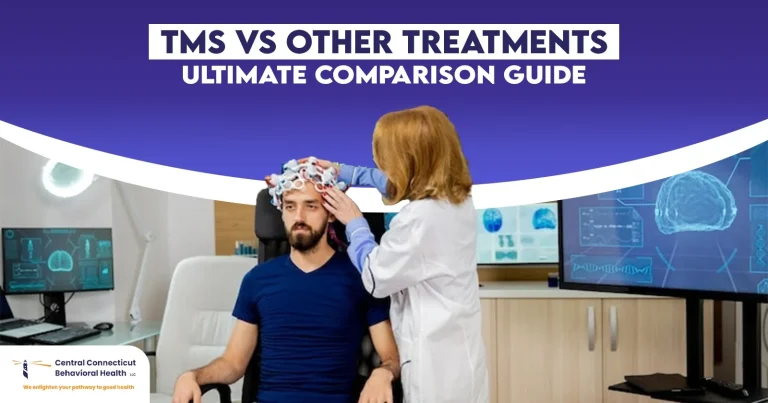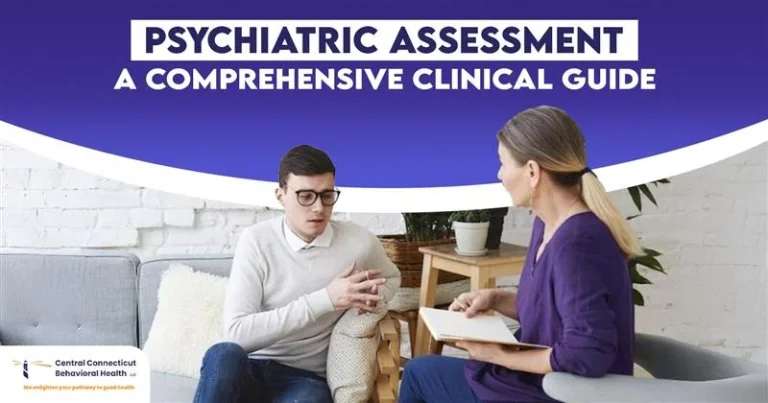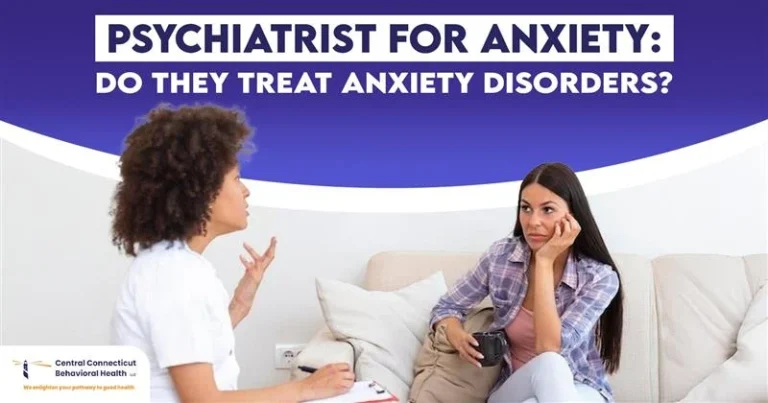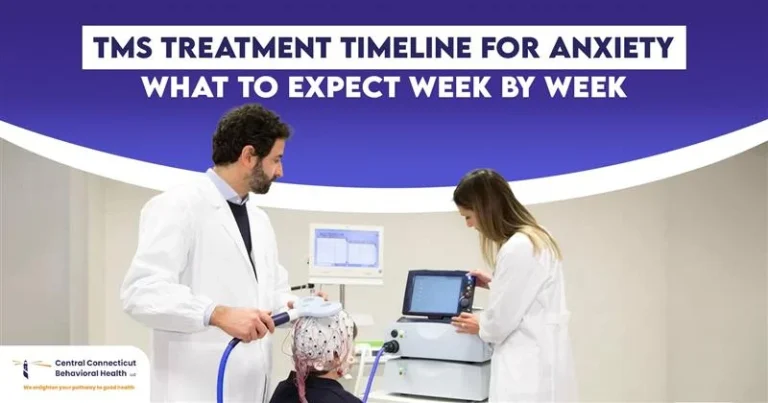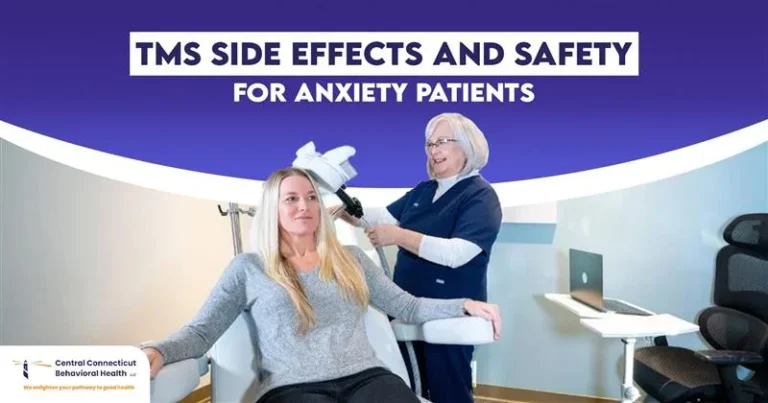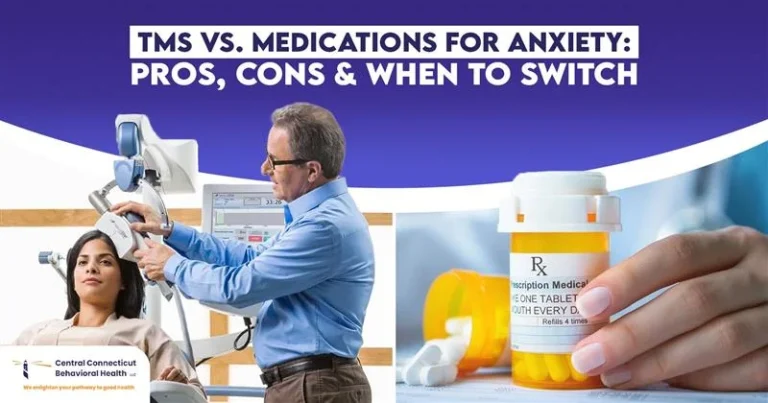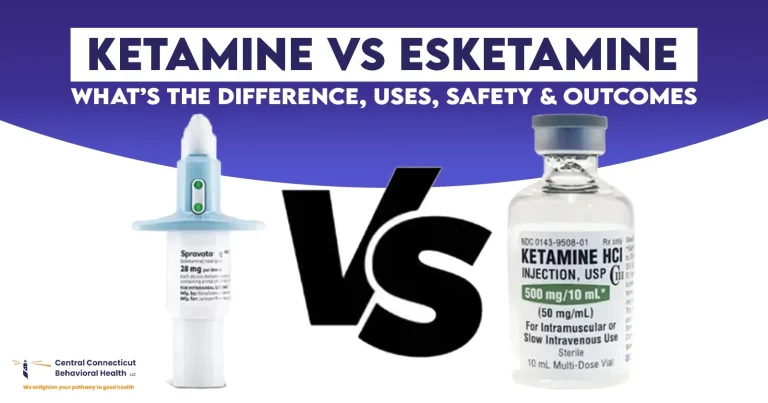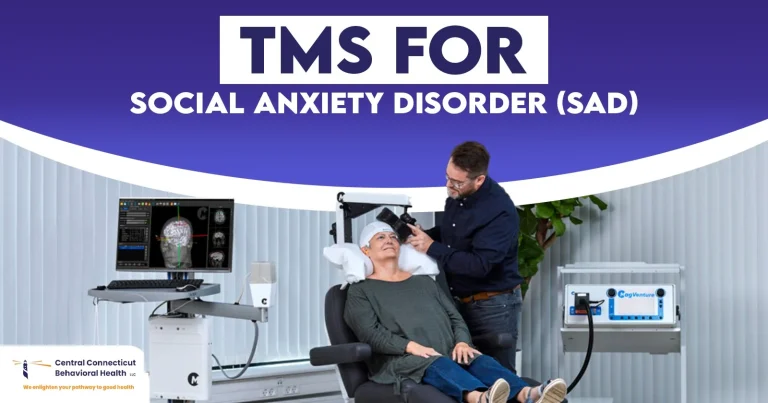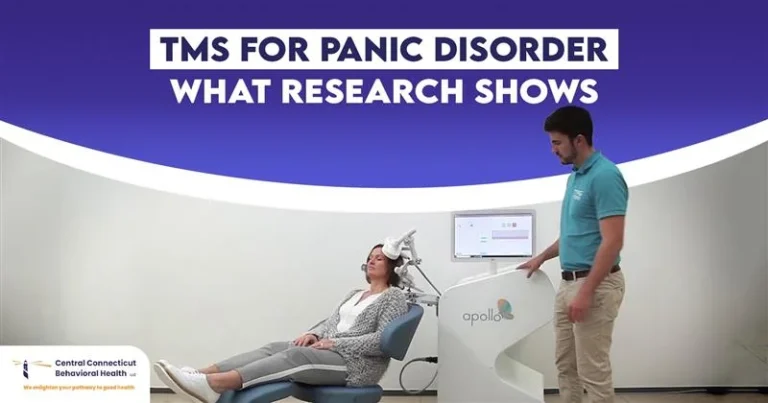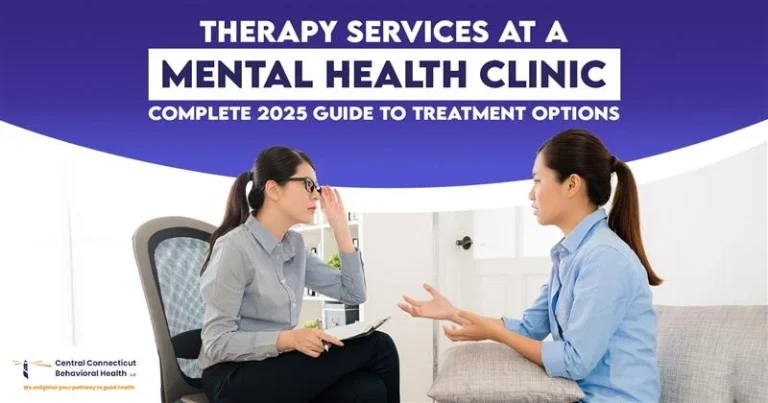Taking step to meet with a mental health specialist can be stressful. Mostly patients are not sure before their first appointment. One common question is: What is a psychiatric evaluation? A psychiatric evaluation is the initial step in understanding your mental health needs. It helps a doctor or mental health provider to learn about your history, symptoms and aims. From this point, they can create the right plan of care.
In case you are scheduling your first visit, it helps to know what to expect. Here you will find 7 key facts about psychiatric evaluations that can guide and make the process less intense.
What Is a Psychiatric Evaluation?
A psychiatric evaluation is a systematic meeting between you and a mental health provider. The aim is to learn more about your emotional health, thought waves, and behaviors.
During this session, the provider may:
- inquire about your symptoms and duration.
- Review of medical and family history.
- Talk about stress, school, office work, and relationships.
- Examine for signs of anxiety, depression, or ADHD.
This evaluation is not an exam you can pass or fail. Instead, it is giving a full picture of your mental health.
Why Doctors Recommend Psychiatric Evaluations
Doctors recommend psychiatric evaluations for many reasons. The most common include:
- Challenges with sorrow, worry, and anger not going away.
- Abrupt changes in mood and behavior.
- Complications with office work, school, and relationships.
- Trouble focusing.
- Sleep and nutrition issues.
- Family mental health conditions.
This data, helps doctor in deciding to give best treatment plan (therapy, medication, or both.)
7 Key Facts You Must Know Before Your First Appointment
-
Psychiatric Intake Appointment: What to Expect
Many people question about a psychiatric intake appointment what to expect. The process starts with documentation. You will answer about your health, current symptoms, and medical history.
After that, you will meet with the psychiatrist. They may:
- Ask probing questions about your feelings and daily routine.
- Assess your past medical and psychiatric history.
- Discuss about medications you may have used.
- Talk your family history
The intake appointment takes longer than regular sessions because it is the base of your treatment plan.
-
How Long Is a Psychiatric Evaluation?
A routine question is how long is a psychiatric evaluation? The answer can vary.
- For adults, the first session takes about 60–90 minutes.
- For tweens and teens, it may take longer, up to 2 hours
- Follow-up appointments are usually shorter, lasts in 30–45 minutes
The provider takes time as required to understand your concerns without rushing you.
-
Initial Psychiatric Evaluation Checklist: What to Bring
To help patients feel prepared, many care centers provide an initial psychiatric evaluation checklist. The items you may want to bring:
- A checklist of current medicines and dosage.
- Past mental health records or reports.
- Notes of your symptoms, including the duration.
- Family history of mental health or substance use challenges.
- Any questions you want to ask your doctor
Having this information in hand can make the session smoother and stress-free.
-
Psychiatric Assessment for Adults and Teens
A psychiatric assessment for adults and teens follows similar procedure but may focus on different details.
- Adults: Focus on work, relationships, expenses, and health history.
- Teens: The evaluation explore school performance, friendships, family dynamics, and behavior changes
- Parents are part of teen’s evaluation to provide history and context.
-
Psychiatric evaluation questions doctors ask
The provider may ask about:
- Mood swings, anxiety, anger and irritability.
- About sleep cycle and duration of sleep.
- Appetite and weight changes.
- Energy levels and focus.
- Substance use, such as alcohol, caffeine, or drugs.
- Past stressful incidents.
These questions give a clear understanding of your situation.
-
Consent, Privacy, and Confidentiality in Psychiatric Care
Many patients are worried about privacy. During a psychiatric evaluation, your provided data is confidential. Providers must follow strict rules, such as HIPAA, to secure your records.
Your consent before starting any treatment. This means you agree to the evaluation and understand what it involves.
-
Next Steps After a Psychiatric Evaluation
Once the evaluation is finish, your provider will:
- Share their insights with you.
- Propose treatment options.
- Answer your questions about next steps.
- Set up follow-up visits
The evaluation is not the end of care; it is the start of your treatment journey.
Tips for Your First Psychiatric Evaluation
Here are some guidelines to feel prepared for your appointment:
- Arrive 10–15 ahead of booked time to complete forms.
- Bring your valid ID and insurance card.
- Note down your questions.
- Speak honestly about your symptoms.
- Bring a reliable friend or family member, if they comfort you.
Conclusion
If you ever think, what is a psychiatric evaluation, so the answer is clear as it’s the first step to get the right mental health care. The process feels overwhelming at first, but it is crafted to help you, not to judge you.
Upon understanding how long is a psychiatric evaluation, knowing the initial psychiatric evaluation checklist, and learning about a psychiatric intake appointment what to expect, you will walk into your first session feeling more well prepared.
At Central Connecticut Behavioral Health, empathetic psychiatrists guide you throughout the process. Taking the first step toward an evaluation may be the start of real healing and recovery.
FAQs about What Is a Psychiatric Evaluation
Q1: Is psychiatric evaluation same as therapy?
No. Psychiatric evaluation is the initial step to gauge your desires. Therapy comes afterward as part of your treatment.
Q2: Can we diagnose anxiety or depression by psychiatric evaluation?
Yes. A psychiatrist can diagnose conditions like anxiety, depression, ADHD, or bipolar disorder and PTSD.
Q3: How long is teens psychiatric evaluation?
It takes longer than adult evaluations, usually 90 minutes to 2 hours.
Q4: What should I bring to my first psychiatric appointment?
Bring the medications in use, medical records, and notes about your symptoms.
Q5: Is the process private and confidential?
Yes. The providers follow strict privacy laws and will not share your records without your consent.
Q6: What happens after the evaluation?
You will get a detailed feedback, possible diagnoses, and accurate treatment plan. This may include therapy, medication, or both.
Q7: Do I need a referral for a psychiatric evaluation?
In many cases, no referral is needed. You can contact care centers like Central Connecticut Behavioral Health directly.


